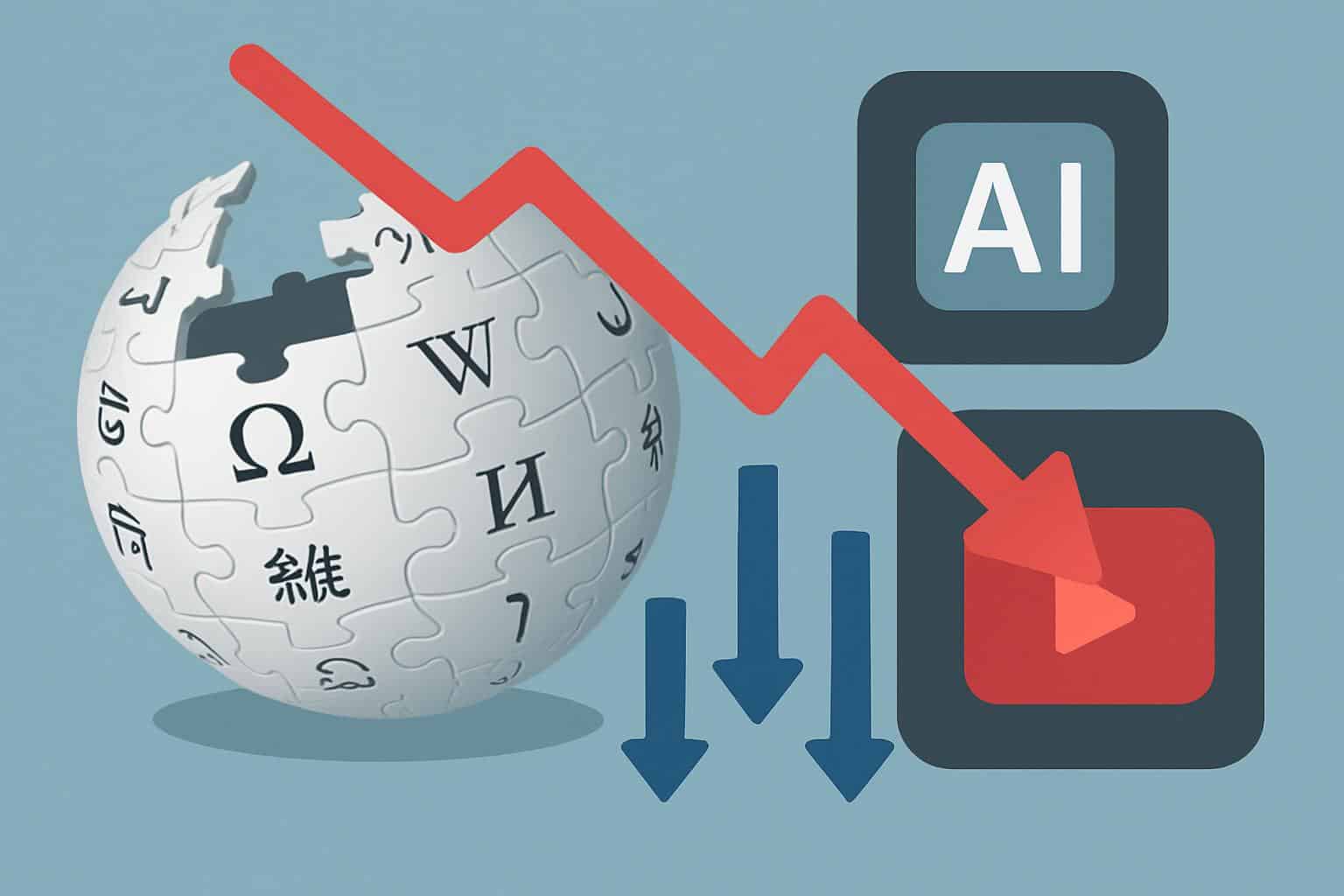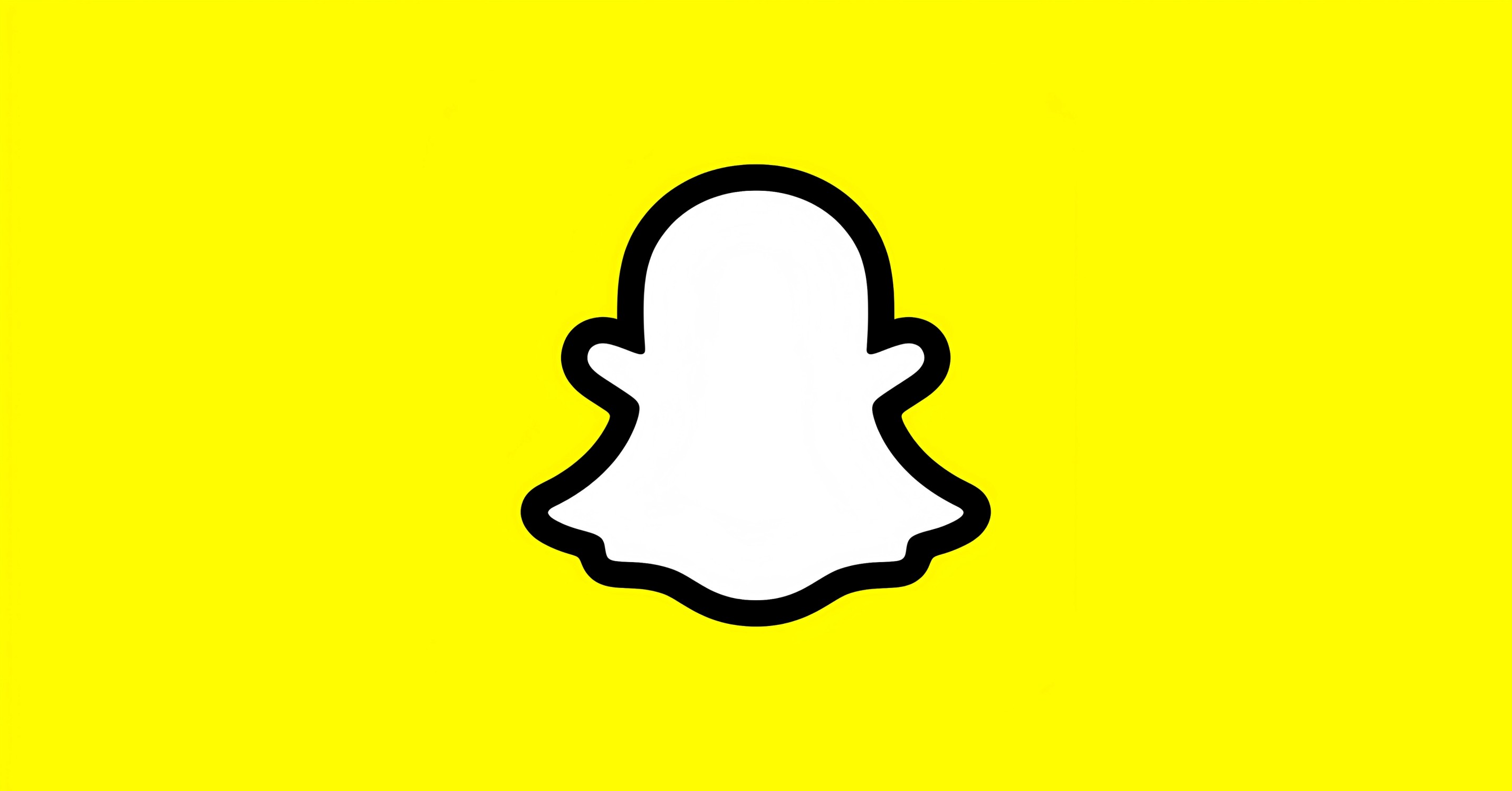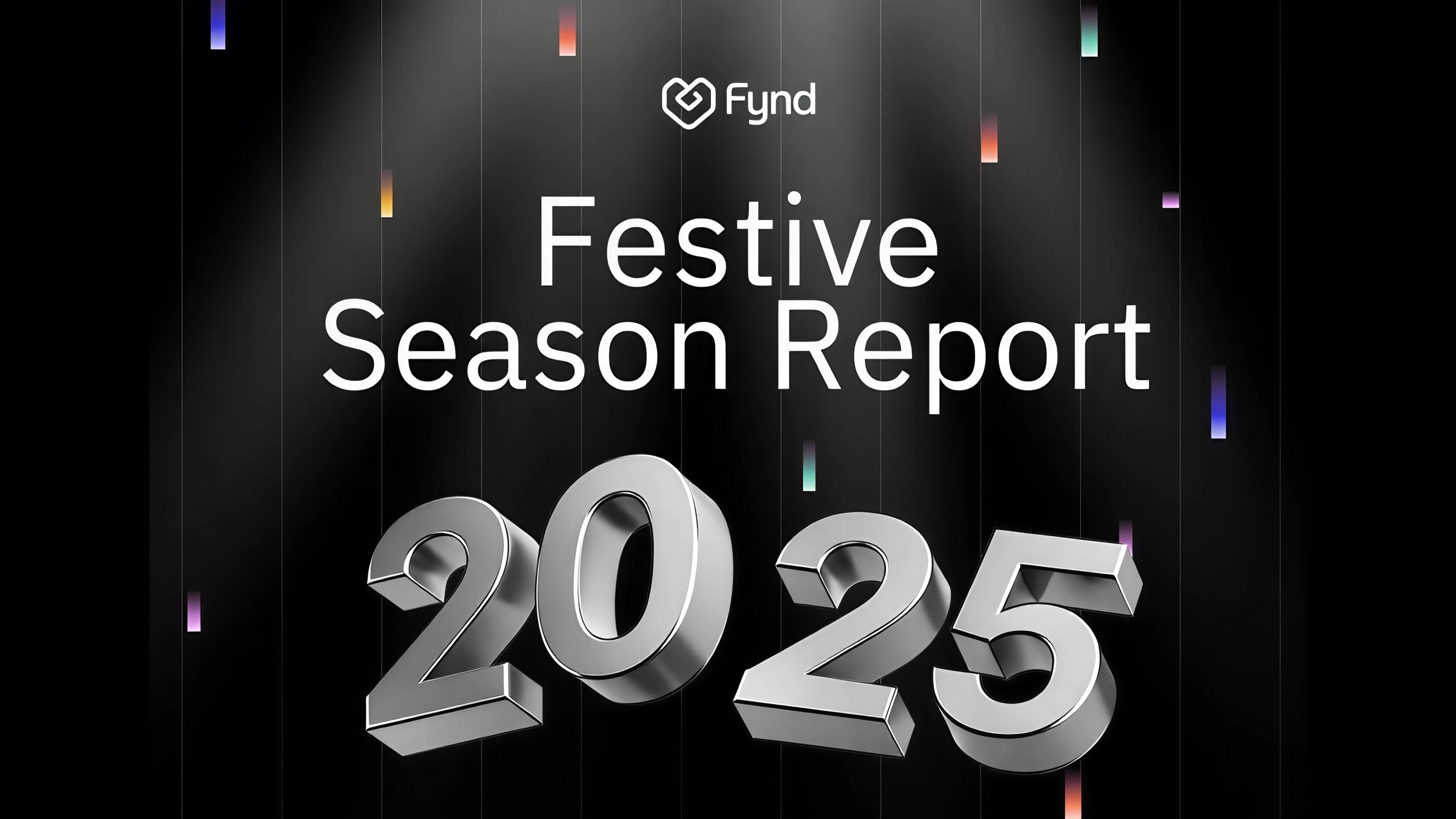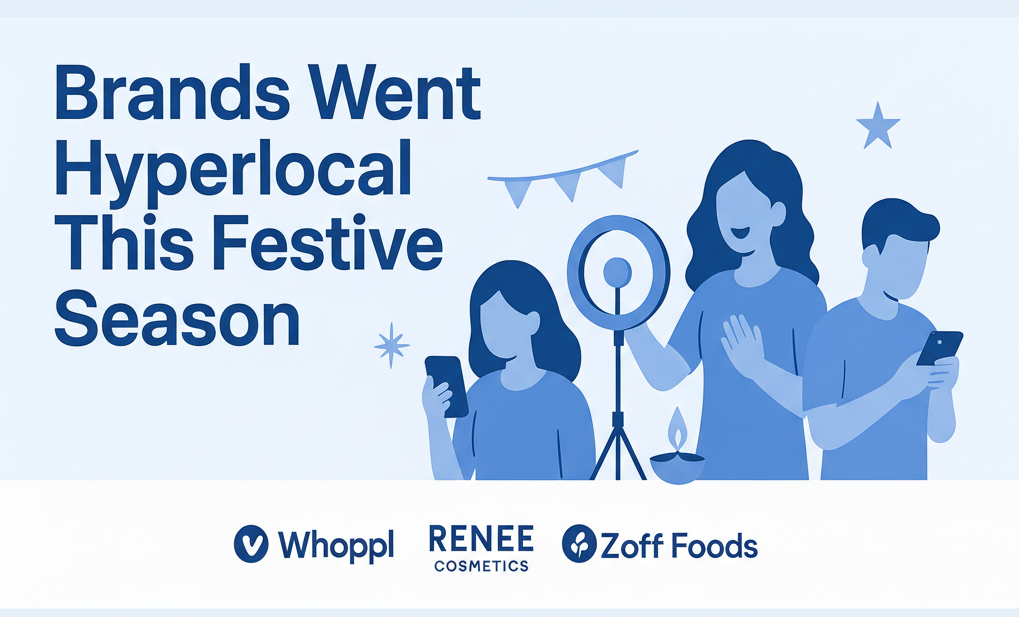Wikipedia, one of the most trusted sources of information online, is experiencing a significant decline in human visitors. The Wikimedia Foundation revealed that the platform’s human pageviews dropped by 8 percent year-on-year, signalling a deeper change in how people seek knowledge in an era dominated by artificial intelligence and short-form social media.

The Changing Pattern of Information Consumption
According to Marshall Miller from the Wikimedia Foundation, the decline became evident after the organisation’s improved bot detection systems revealed inflated traffic numbers. Once adjusted, it was clear that human visits were steadily falling. The reason behind this shift lies in how modern audiences now access information.
AI-driven search engines like Google are increasingly providing direct summaries on results pages, reducing the need for users to click through to external websites such as Wikipedia. Simultaneously, younger audiences are moving toward visual content platforms like YouTube Shorts, Instagram Reels, and TikTok for quick, engaging explanations rather than traditional text-heavy searches.
While this may signal a loss in direct visitors, Wikipedia’s content remains foundational. Many AI systems and digital assistants use its data to generate responses, meaning that while readers might not visit Wikipedia directly, its influence continues to power online information across multiple platforms.
ADVERTISEMENT
Google Disputes Traffic Impact Claims
In response to these concerns, Google has publicly rejected the idea that its AI search summaries reduce traffic to publishers. The company maintains that its generative search tools are designed to improve user experience and increase visibility for credible sources. However, publishers and digital experts have expressed worries that these summaries might unintentionally reduce user clicks, affecting platforms like Wikipedia that rely on human engagement and contributions.
The Sustainability Challenge
For Wikipedia, the drop in readership is more than just a numbers issue — it poses a challenge to its community-driven ecosystem. Fewer readers can mean fewer volunteer editors and donors, both of which are crucial to maintaining the quality and accuracy of its open-source content.
Miller acknowledged these long-term challenges, noting that the foundation is exploring ways to sustain visibility and participation. New initiatives include creating a stronger content attribution framework to ensure Wikipedia is properly credited when its content appears in AI-generated outputs. Two dedicated teams are also working on strategies to attract new readers, enhance user experience, and engage contributors more effectively.

The Fight to Preserve Human Knowledge
Wikipedia is now facing a defining moment in its evolution. While it continues to fuel the digital knowledge economy, the growing dominance of algorithm-driven and AI-generated content poses a philosophical and practical challenge. As more people depend on machine-curated answers, the importance of supporting human-driven information sources becomes even greater.
ADVERTISEMENT
Miller urged users to remain active participants in maintaining trustworthy knowledge online to verify facts, click through to original sources, and acknowledge the people behind the information. He emphasised that the platform’s mission extends beyond preserving traffic numbers; it is about protecting the integrity of human-curated truth in an internet increasingly shaped by automation.
Follow Marketing Moves on Instagram and Facebook for more updates on digital media, brand evolution, and the changing face of technology-driven storytelling.















